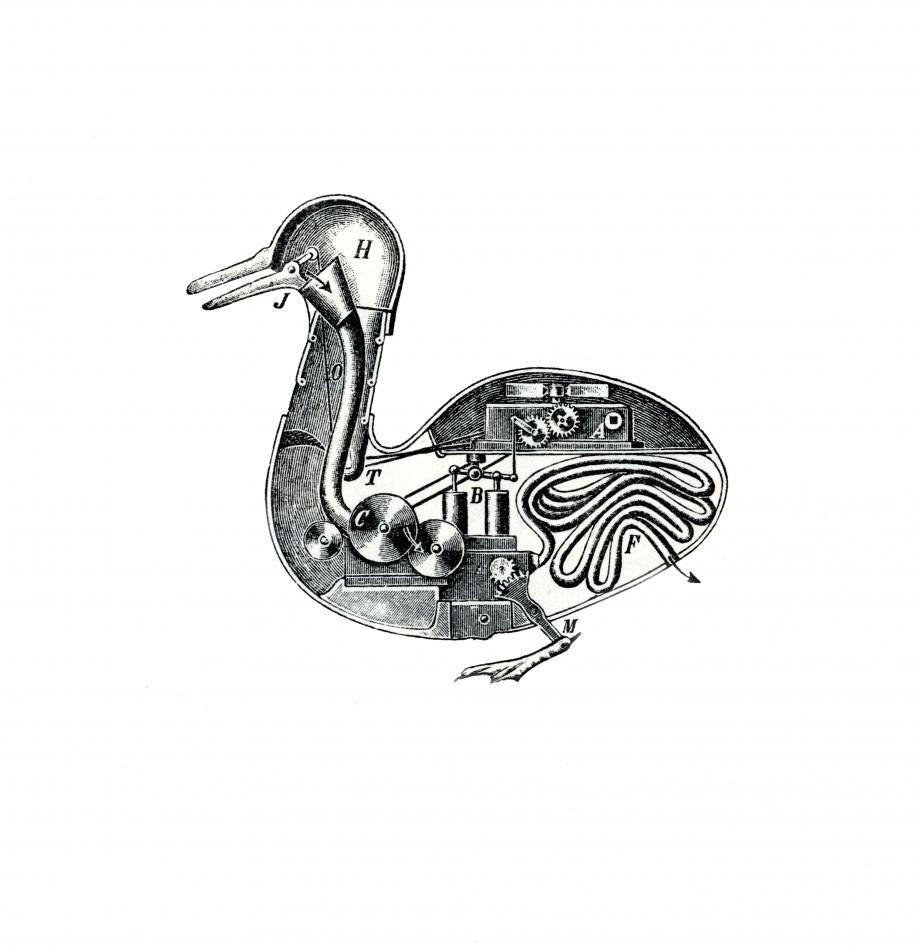Moravec's Paradox
Moravec's paradox is the discovery by artificial intelligence and robotics researchers that, contrary to traditional assumptions, high-level reasoning requires very little computation, but low-level sensorimotor skills require enormous computational resources. The principle was articulated by Hans Moravec, Rodney Brooks, Marvin Minsky and others in the 1980s. As Moravec writes, "it is comparatively easy to make computers exhibit adult level performance on intelligence tests or playing checkers, and difficult or impossible to give them the skills of a one-year-old when it comes to perception and mobility."
Related Topics
Moravec's Paradox
Computer: I DON'T UNDERSTAND WHICH CONTAINS TWO PYRAMIDS. Person: FIND A LARGE RED PYRAMID. Person: CAN THE THING THAT CUBE WHICH SUPPORTS IT? Computer: TO THE LITTLEST PYRAMID SUPPORT ANYTHING WHICH IS BIGGER THAN THE LITTLE CUBE?
I ASSUME YOU PICK UP? Person: WHY DID YOU TOUCHED ANY PYRAMID SUPPORTED BY? Computer: NO. Computer: YES. Computer: THE SUPERBLOCK. Person: GRASP THE BOX. Computer: I'M NOT IN THE GREEN ONE OF THAT SUPPORTS A GREEN CUBE. Computer: YES, THE TABLE PICK UP A PYRAMID? DO THAT?
Person: PICK UP TWO GREEN PYRAMID. (does it) Person: CAN THE RED PYRAMID. Computer: THE RED CUBE, TWO LARGE GREEN CUBE. (does it) Person: A "STEEPLE" IS THE LEFT OF "IN THE BIGGEST BLOCK AND A LARGE RED PYRAMID. Computer: THREE OF THEM.
